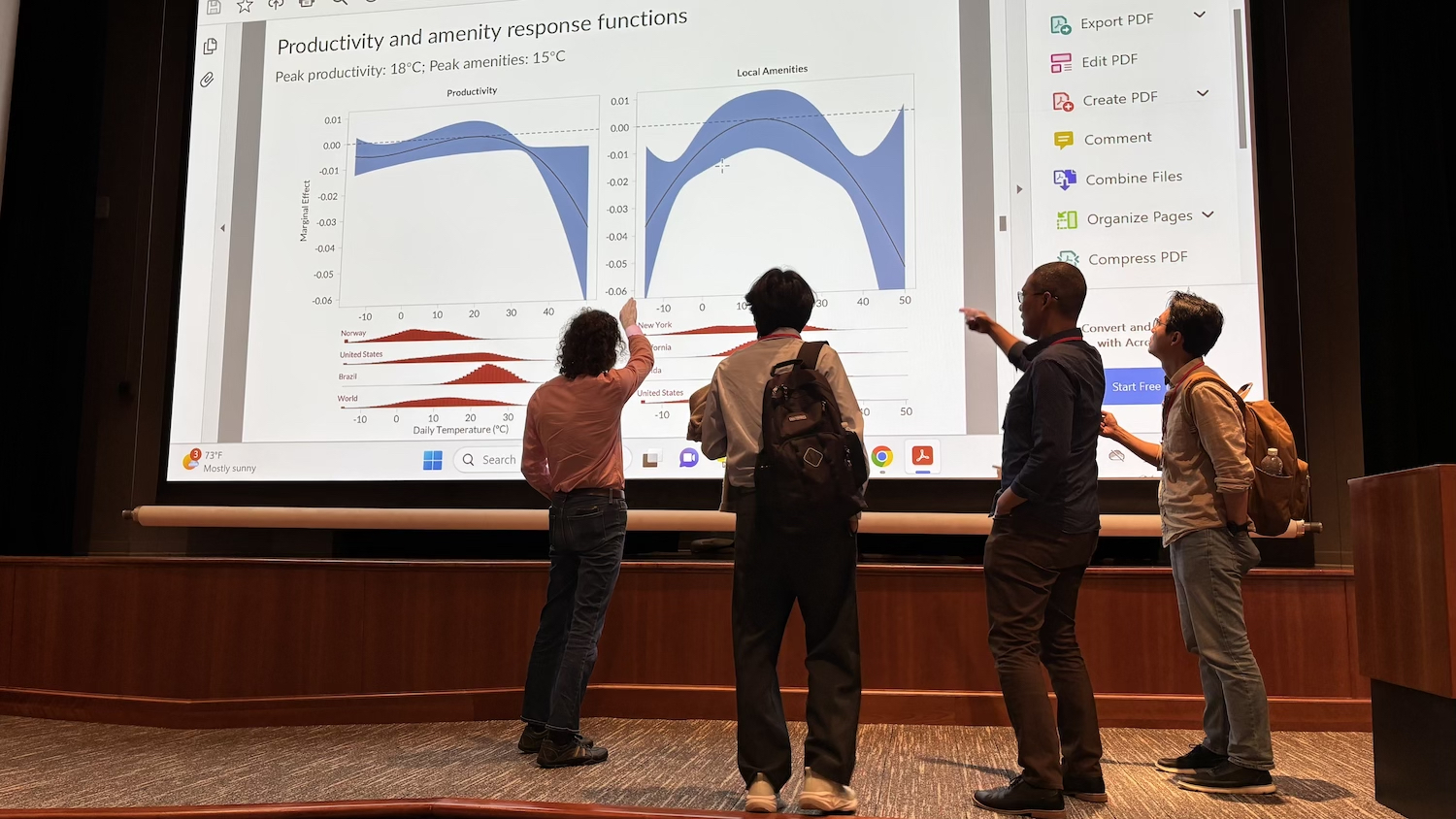The Benefits of Doing Business Across Borders
Poole College research shows how workers and employers prosper from international business.

Media coverage of globalization tends to focus on its negative effects on workers. But a world that gets more economically interdependent each day also offers new opportunities to workers and their employers alike, according to research from Luca David Opromolla, Owens Distinguished Professor of International Economics.
In a series of studies over the last decade, Opromolla has explored the experiences of Portuguese workers before and after their firms increased their international engagement. For managers and front-line workers alike, Opromolla and his co-authors have found, working for internationally active firms offers significant financial and intangible benefits.
Over the course of a career, internationally active firms pay higher wages than their counterparts, according to “Dream Jobs in a Globalized Economy: Wage Dynamics and International Experience,” a 2024 paper Opromolla wrote with colleagues in France and Italy. Within those higher overall wages, companies that do business across borders also tend to increase pay for workers’ accrued experience than internationally inactive organizations do.

That higher return on work experience is partly a result of the exceptional skill development that happens in internationally active firms, Opromolla said. These employers offer livelier workplaces where workers learn from their colleagues and develop adaptability as the firms shift to meet new expectations from diverse customer bases.
And that skill travels with those workers, particularly managers. In a 2014 paper, “Managers’ Mobility, Trade Performance, and Wages,” Opromolla and his co-authors found that firms performed better after hiring managers who’d previously worked for internationally active employers.
Opromolla’s findings were part of a talk earlier this year at the 50th anniversary celebration of the International Partnership of Business Schools. Poole is one of two U.S. business schools that participate in the partnership. Through that connection, Poole international business students spend two years studying and interning overseas, learn a foreign language, and graduate with two degrees.
That training equips them with the skills and mindset to grab the international opportunity he’s documented in his research, Opromolla says.
“These students remind me of superheroes,” he said. “They study in 2 countries, they learn extra languages. They accumulate all this knowledge and power, but there’s also this responsibility that comes with it.”


